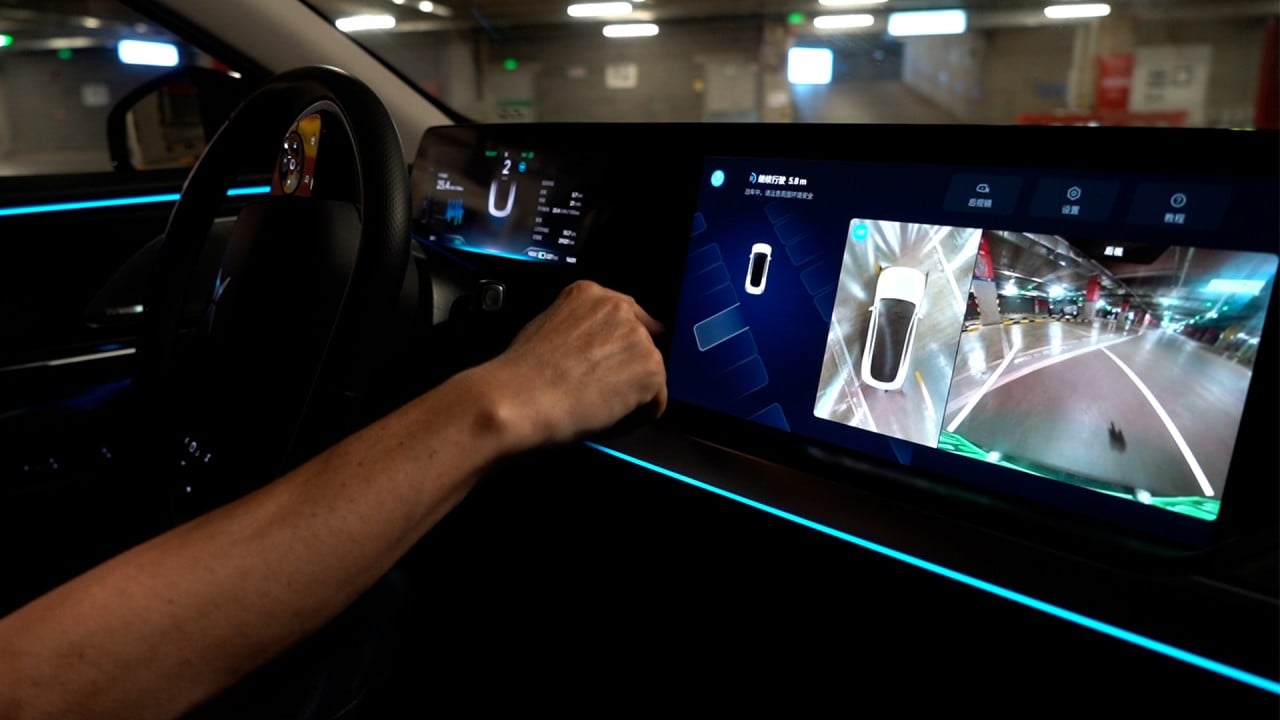
29 Feb Volkswagen teams up with Xpeng to develop 2 electric cars as it hopes to regain lost ground in the world’s largest EV market
“In the world’s largest and fastest-growing EV market, speed is fundamental when it comes to tapping into promising market segments,” Volkswagen’s China chief executive Ralf Brandsatter said in the statement.
“Through the partnership with Xpeng, we are not only accelerating development times, but also boosting efficiency and optimising cost structures. This increases the economic competitiveness in a highly price-sensitive market environment significantly.”
The German carmaker added in the statement that its supply chain would be tapped to provide cost advantages, and the first model to hit the mainland market would be an intelligent sport-utility vehicle (SUV).
Global marques including VW and General Motors, once the dominant players in China’s automotive industry, are now struggling to keep up with the mainland’s electric car makers as their petrol-powered line-ups lose ground in the world’s largest market.
VW delivered 3.24 million units in mainland China and Hong Kong last year, a relatively weak 1.2 per cent year-on-year increase in a market that grew 5.6 per cent overall.
The company sold 23.2 per cent more pure-electric cars in mainland China and Hong Kong than it did in 2022, but the total was only 191,800. Meanwhile, the mainland EV market jumped 37 per cent last year, with deliveries of pure-electric and plug-in hybrid cars hitting 8.9 million units.
“With the long-term vision of our strategic partnership, both parties contribute their best to the partnership,” He Xiaopeng, co-founder and CEO of Xpeng, said in a separate statement on Thursday.
“We have started to realise synergies through our joint sourcing programme. I firmly believe there is a lot of upside potential to this partnership that we can explore.”
China is the world’s largest car and EV market, with sales of battery-powered vehicles accounting for about 60 per cent of the global total.
In mid-February, the CEO told his 4,000 employees in a letter that Xpeng will spend a record 3.5 billion yuan (US$486.5 million) this year on the development of intelligent cars, as it ups its game in the battle for supremacy in the future of mobility.
The VW-Xpeng tie-up adds to evidence of China’s increasing influence in the global EV industry.
Over the past four decades, global car giants like VW have charged their Chinese partners to license their technology.

